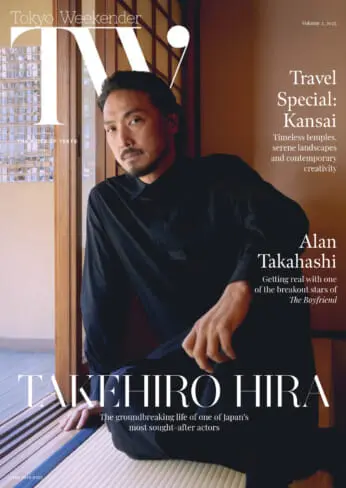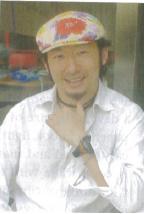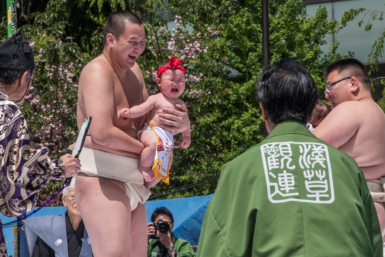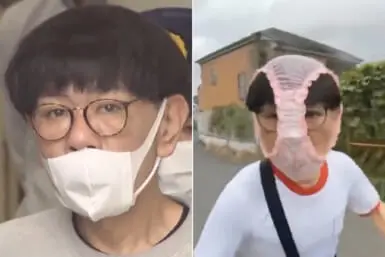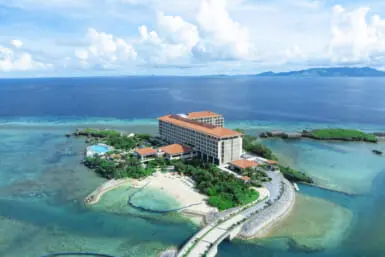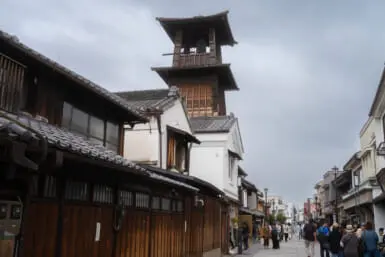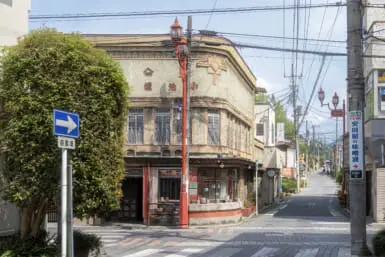Ryu Murao — Building Brands in Rural Japan
by Kirk R. Patterson
Ryu Murao (32) is a ‘social entrepreneur.’ Born and raised in Tokyo but educated overseas, he advises small businesses in rural Japan on how to survive and thrive by building distinctive brands.
Please tell me a bit about your background.
From when I was a child I wanted to do something different, so I knew that I had to follow an unusual course in life. In junior high school I decided to leave the traditional Japanese education system and so I convinced my parents to send me to a boarding school in Oregon, U.S.A. I then went to a high school in Orange County, California, living with a home stay family. I was more interested in skateboarding than studying though!
I then went on to the University of Nevada, Las Vegas (UNLV), to do a B.A. in international politics because 1 wanted to be a politician. While at UNLV. I was president of the Japanese Student Association, organized student festivals, and worked part-time.
What did you do after graduation?
I got an offer to work at the Japanese Embassy in Washington, D.C., but just before I started that job Honda Motor asked me to join their marketing department. So I moved to Tokyo and worked for four years marketing power products in the Middle East and northern Africa.
I soon realized that I didn’t want to spend my life working in a big corporation, so I entered an MBA program in Hawaii. I didn’t finish the program because while I was studying I started a company exporting Hawaiian products to Japan. One of the products 1 exported was something called BodyMint, an oral, full-body deodorant. I got the Japanese distribution rights for BodyMint so I came back to Japan and set up my own marketing company. I was able to get BodyMint sold in Sony Plaza, Loft, Tokyu Hands, and many other trendy outlets. It became a big hit, with ¥100 million sales in just its second year. That’s when I sold the company to a friend and decided to become a brand consultant for small companies.
What do you do as a brand consultant?
Looking around Japan, I saw lots of small companies with no clear identity or focus really struggling to survive. Yet in Italy and many other European countries, there are small but successful companies with a strong mission and brand.
My focus is on consulting small companies located around the ‘two-hour belt’ of Tokyo: Yamanashi, Gunma, Nagano, Ibaraki, and Tochigi. Many companies in this area choose to engage in a variety of businesses unrelated to their initial focus just to stay alive. They lose their sense of direction. I encourage my clients to identify one core business, to stay focused on that business, and to develop a base of loyal customers who are willing to pay a premium for the company’s product or service.
I’ve helped many companies go back to their traditional strengths so they can successfully compete against large corporations and mass retailers. Small companies should not imitate the strategies of big companies; they should rather find ways to distinguish themselves.
Who are your clients?
I often work for local towns or local chambers of commerce, which ask me to advise managers and entrepreneurs in their area. Although the format varies, I usually give a 30-day series of one-hour seminars, with each seminar focusing on a certain topic, such as corporate positioning, understanding risk, mission and vision and so on.
The way I present myself and the way I look is very different from the people who attend my seminars. They look at me as if I am somebody from outer space! But by the end of the seminars, the participants have the courage to refocus on their traditional strengths and to build distinctive, competitive, and profitable businesses.
You said earlier that you wanted to be a politician. Have you abandoned that goal?
No, that is still my goal. I feel that business experience is excellent preparation for a successful political career. I see myself as a social entrepreneur. My primary goal is not to make money but to contribute to society through business. I am especially interested in how we can improve the economic and social situation of Japan’s small towns.
Kirk R. Patterson is the Dean of Temple University, Japan Campus. He can be contacted at patterson@tuj.ac.jp
